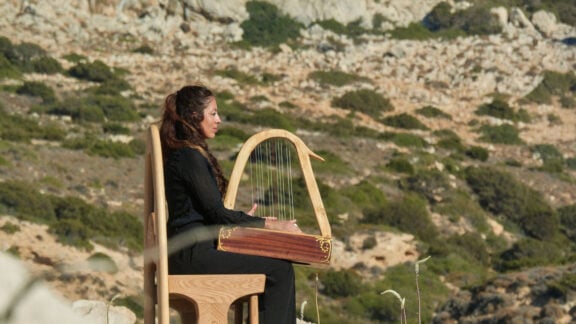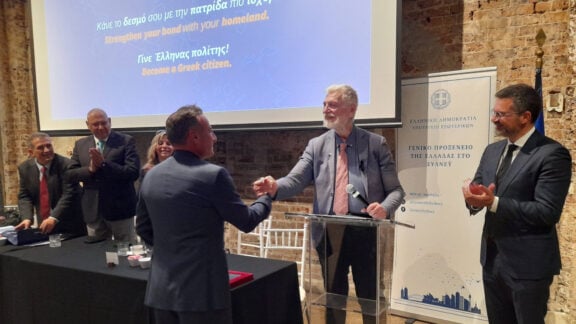My summer stay in my birthplace, Athens, comes to an end. Once on the plane, I started missing the sun, Greek food and my friends; this is not a cliché. Today, all of us can find everything almost everywhere. And thanks to technology, we can talk to family and friends, even if some live in Australia. Unfortunately, it is not the same as when you are in Greece. Something is magical here. The gods bless this country, and this explains why millions of people from all over the world come here every year.
Unfortunately, just like in many cases all over the globe, Greece is in climate change’s bull’s eye. Forest fires and floods are much more critical than before. And it is much more complicated to deal with. Public authorities and central and local governments are overwhelmed from Hawaii in the Pacific Ocean to Canada and Libya in the Mediterranean Sea. What happens is far beyond what we know and expect and what human infrastructure can support.
When there are 500 fires per week when the weather is hot and the wind is strong, firefighters do their best; they risk their lives as true heroes. Although other European countries sent aeroplanes and people to help, close to 57 per cent of the Dadia forest, close to Alexandroupoli, was burned. In the threatened areas, 112 SMS notifications sent by the Greek Civil Protection, both in Greek and English, ensured that the SMS saved human lives. I received mine on September 6: “In progress, severe rain and thunderstorms in the Attica region. Limit any unnecessary movement during the phenomenon”.
Then, as a child, I crossed the suspension bridge into the Tempi Valley years ago. It is 18 meters high, and I was afraid. However, today, this bridge is covered in water, which indicates, beyond any doubt, that what happened was exceptional.
According to experts, this kind of flood happens every 300 years. Thessaly’s landscape has changed forever. Thankfully, until today, 4500 people were saved in Thessaly by civil protection, the army, and volunteers.
However, there are two main problems: stagnant water in many places is contaminated, and between 22 per cent and 24 per cent of Greek agricultural production was destroyed. Thessaly produces 5 per cent of the Greek GDP, especially meat and vegetables, and This is a real challenge to handle in the short and long term. They are relying on both Greek and European Union funds. According to estimates, € 2,5 billion will be necessary to rebuild everything.
At this point, I want to share two thoughts on what just happened. First, people should learn to live with climate change and big natural disasters occurring. Not every 300 years, but much more often, and this reality is something public authorities in Greece and all over the world should learn how to do efficiently as quickly as possible, and there is no time to lose.
Second, fake news has become a real problem, especially in emergencies like the flood in Thessaly. Nobody has the right to say anything on social media and spread panic – it is unacceptable and should stop. In the last few years, we have already lived in complicated times: the COVID-19 pandemic, the war in Ukraine, the high inflation, and now the natural disasters. Of course, people can express themselves on social media, but without lying. What happened was unacceptable.
Finally, despite all these problems, Greece will become even more robust and better. Times are tough, but we should always appreciate our strength and determination to rebound soon.
Dr George Tassiopoulos is a Greek French political scientist, with a doctorate in political science from the University of East Paris. He was born in Athens, and has lived in France for the past 20 years where he teaches geopolitics in a business school in Paris.








